Deprecated: Creation of dynamic property App\Blocks\HeadingCommentary::$className is deprecated in /data/wordpress/vendor/generoi/sage-nativeblock/src/NativeBlock.php on line 70
VISION EUROPE
Collaborating to address some of the most pressing public policy challenges facing Europe.
PUBLICATIONS
Read up.
WHAT IS THIS ABOUT?
Vision Europe is a consortium of think tanks and foundations collaborating to address some of the most pressing public policy challenges facing Europe.
What do we do?
Through research, publications and an annual summit, Vision Europe aims to be a forum for debate and a source of recommendations to improve evidence-based policy-making at both a national and EU level and to foster as appropriate European integration.
Who is involved?
The Convening Partners are Bertelsmann Stiftung (Gütersloh, Germany), Bruegel (Brussels, Belgium), Calouste Gulbenkian Foundation (Lisbon, Portugal), Chatham House (London, UK), Compagnia di San Paolo (Torino, Italy), Notre Europe Jacques Delors Institute (Paris, France), CASE – Center for Social and Economic Research (Warsaw, Poland) and the Finnish Innovation Fund Sitra (Helsinki, Finland).
Where are we at?
In 2019 Vision Europe Dialogue took place in Helsinki, Finland to discuss the theme “Making Europe a pioneer of the fair data economy ”. In 2017 the consortium focused on ”winners and losers of globalisation”. The Vision Europe Summit 2017 took place on 14 and 15 November in Turin. In 2016, the Vision Europe initiative delivered evidence-based policy recommendations on how to improve the response to the crisis of refugees and migrants in Europe. In 2015 we commonly worked on ”the future of the welfare state”.
What were the results?
2019: Making Europe a pioneer of the fair data economy
Currently, data is primarily managed by the party that collects it, while individuals largely waive their rights to the data. The growth of platform companies is based on the ownership of data. Compared to the current drivers of digital development, the United States and Asia, the European Union has adopted a much stricter and more ethical approach to the use of data. We should now take a few more steps and encourage a European data economy that is both fair and efficient.
The think tanks want to increasingly highlight the fair data economy and use of personal data in public discussion and make them more understandable to the general public ahead of the forthcoming European parliamentary elections.
In connection with the Vision Europe Dialogue event, six thought pieces on fair data economy by European think tanks were published.
Sitra altered the format of Vision Europe network’s annual European event and for the first time the meeting this year will be in the form of a dialogue rather than a summit.
2017: Winners and losers in globalisation
Globalisation has raised millions of people out of poverty. However, not all countries have benefited as much from the growing interdependence of the countries of the world. The benefits of globalisation have also not been shared equally among the different groups of society.
Ways in which the benefits of globalisation could be distributed more equally both among countries and inside countries were discussed at the Vision Europe summit held in Torino in November 2017. The event saw the publication of Winners and Losers of Globalisation, a compilation report of cooperatively produced studies. It examines issues such as international trade and the growing difficulties in controlling globalisation through national employment and social policies, political institutions, and governments. Also presented at the event were results of the shared vision work of Sitra and Demos Helsinki – the Next Era of Well-being.
In discussions held at the summit there were calls for a more determined policy of fair trade and social and labour market policy that would strengthen the ability of people to adapt to changes. On the basis of the discussion, the Vision Europe consortium published its common policy recommendations and a conference declaration to the national, EU, and global level.
2016: Response to the refugee crisis
The Vision Europe partners agreed that a new approach to the migration situation is necessary. Action should be at all levels: global, European, national and local. The declaration, based on four strategic directions and four main axes of policy recommendations, is available here.
Strategic directions:
- Create political will to develop a forward looking EU strategy on migration.
- Develop coherent and fair mechanisms for better managing migration flows.
- Promote work and education focused integration that strengthens social belonging.
- Mobilise the whole of society to promote inclusivity.
The declaration was presented on the 21st and 22nd of November in Lisbon at the second edition of the Vision Europe Summit. During two days, specialists and experts from all over the world debated and shared ideas on the VES 2016 theme: the migrant and refugee crisis, with the policy papers ”Improving the Responses to the Migration and Refugee Crisis in Europe” as the main starting point.
2015: The future of the welfare state
The first annual Vision Europe Summit took place in Berlin 17 and 18 November, 2015. The first common publication of the consortium – Redesigning European welfare states – Ways forward – was published at the Summit.
At the occasion of the summit, leaders from the seven think tanks and foundations convening the Vision Europe Summit and from one associated think tank (CASE – Center for Social and Economic Research) also signed a conference declaration. The conference declaration Redesigning European welfare states: A time for action emphasises the urgency to act now if we are to guarantee viable welfare states in the future. Welfare states are a defining feature of Europe, but reforms will be necessary both at national and at EU-level. The following aspects are seen as crucial and included in the declaration.
- From risk-sharing to risk-avoidance
- From welfare state to welfare societies
- Tackling inequality to create a virtuous cycle
- Reconcile intergenerational equity with sustainability
- Tear down obstacles to labour market integration
- Renew welfare state governance through greater policy integration
Clarify the role of the EU and make its actions complementary to national welfare policies
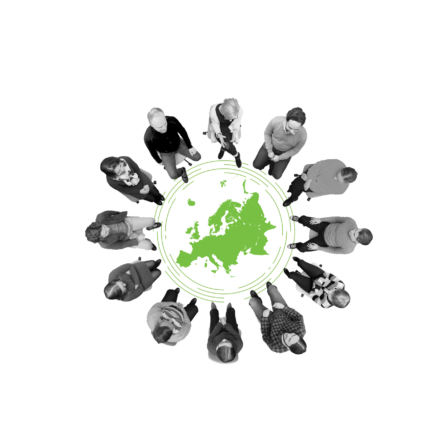
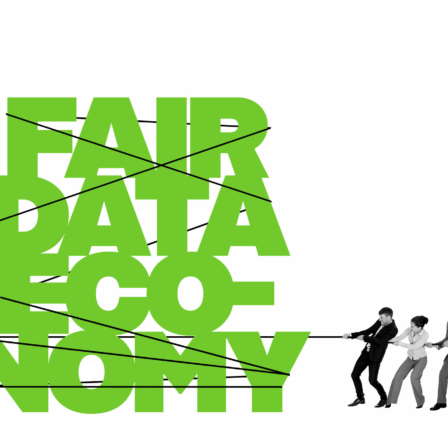


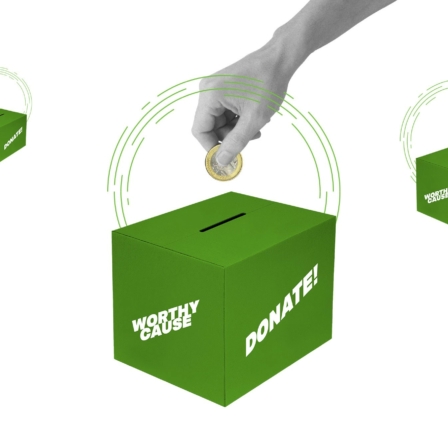



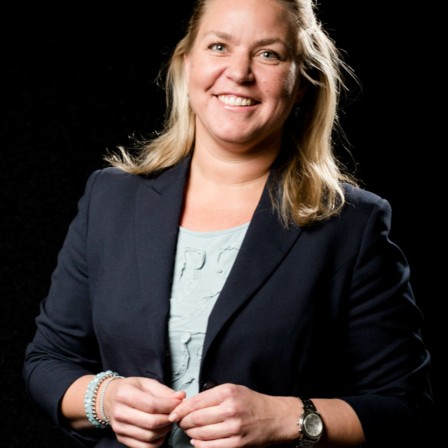

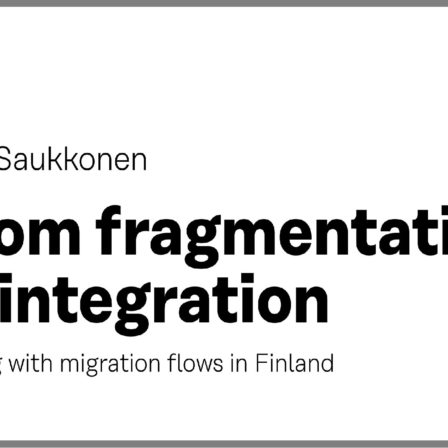


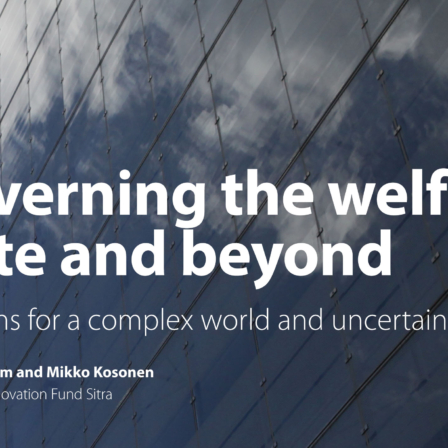



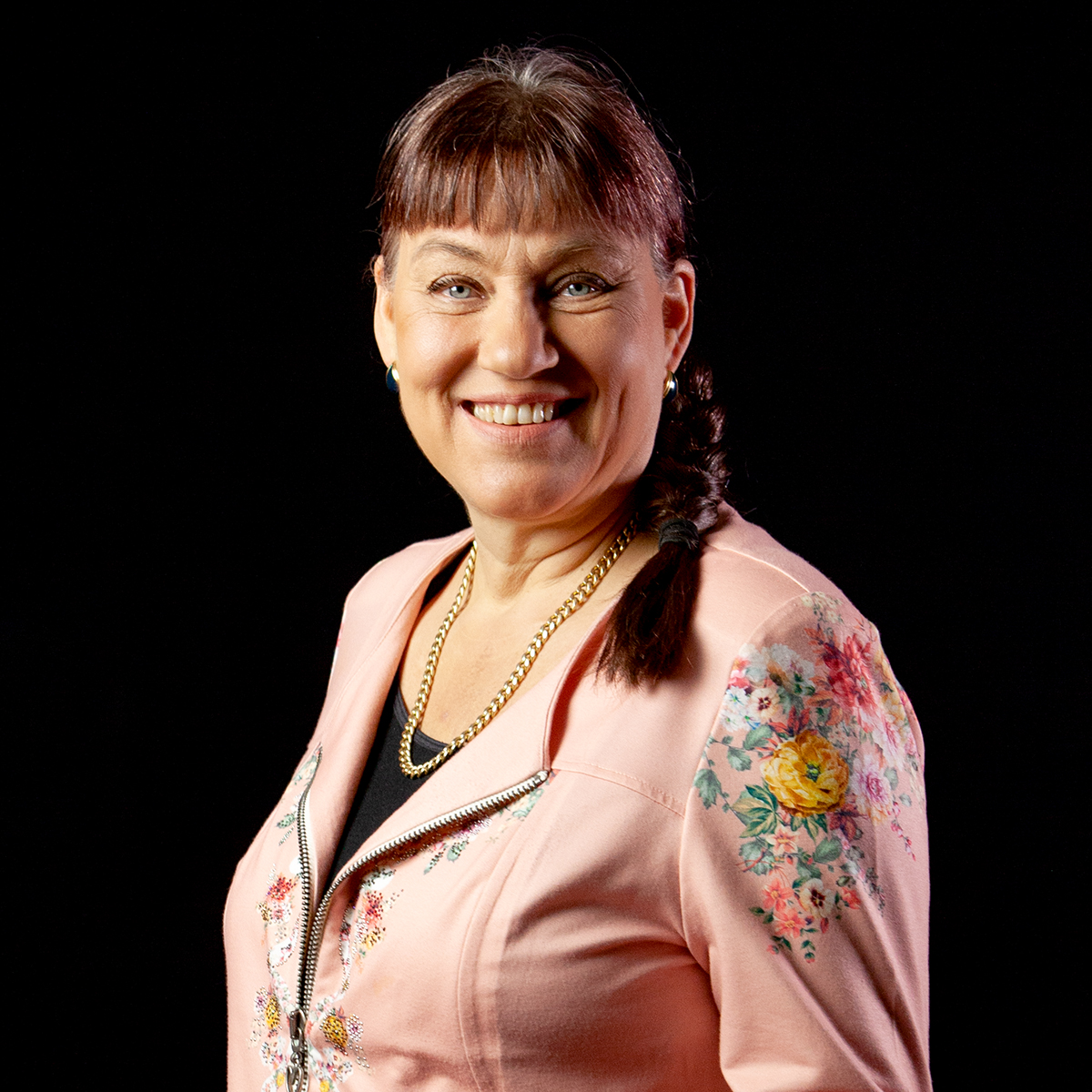
LATEST
Start from here.